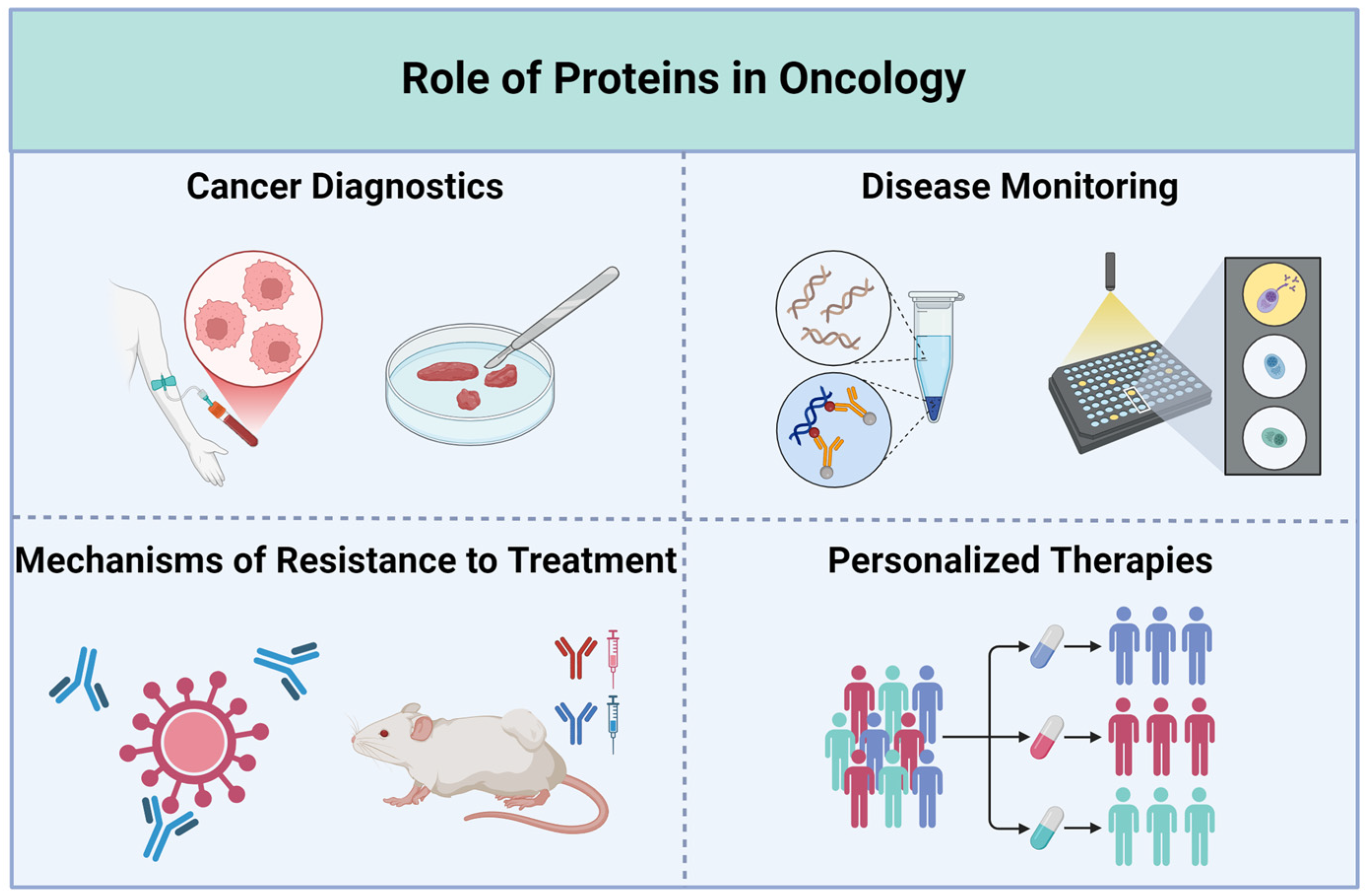Arogyajivan Medical Tourism For Oncology Fundamentals Explained
Arogyajivan Medical Tourism For Oncology Fundamentals Explained
Blog Article
What Does Arogyajivan Medical Tourism For Oncology Mean?
Table of ContentsFacts About Arogyajivan Medical Tourism For Oncology RevealedThe 6-Second Trick For Arogyajivan Medical Tourism For Oncology4 Easy Facts About Arogyajivan Medical Tourism For Oncology ShownThe smart Trick of Arogyajivan Medical Tourism For Oncology That Nobody is DiscussingArogyajivan Medical Tourism For Oncology Can Be Fun For AnyoneSome Known Factual Statements About Arogyajivan Medical Tourism For Oncology The 45-Second Trick For Arogyajivan Medical Tourism For Oncology
If you have cancer cells, your health care supplier will recommend several methods to treat the illness. One of the most common treatments are surgical treatment, chemotherapy, and radiation. Other alternatives consist of targeted therapy, immunotherapy, laser, hormonal therapy, and others. Here is an introduction of the different treatments for cancer and how they work.Cancer cells expand and split faster than normal cells in the body. Due to the fact that radiation is most harmful to rapidly expanding cells, radiation treatment problems cancer cells much more than typical cells. It utilizes substances made by the body or in a laboratory to help the immune system work harder or in a much more targeted way to battle cancer cells.
Some have contaminants or contaminated substances connected to them. It makes use of surgical treatment, or medicines to quit or obstruct the body's natural hormonal agents. This aids slow the development of cancer cells.
Thin fibers at the end of the tube route the light at the cancer cells. Lasers are additionally utilized on the skin. Lasers are usually used with various other kinds of cancer cells treatment such as radiation and radiation treatment. In photodynamic therapy, a person gets a shot of a medicine that is sensitive to a special sort of light.
Getting The Arogyajivan Medical Tourism For Oncology To Work

An oncologist is a cancer cells physician. Advertising on our site aids support our objective. A visit to an oncologist offers you a possibility to chat with a specialist that comprehends what you're going via.
They're all set to aid, and they'll walk with you every step of the way. Oncologists can: Run evaluates to diagnose cancerOffer a consultation on a previous diagnosisIdentify therapy optionsDiscuss each option's benefits and side effectsOversee cancer cells treatmentManage post-treatment treatment Seeing an oncologist doesn't necessarily mean you have cancer. An oncologist obtains involved if you have signs that could be cancer.
The smart Trick of Arogyajivan Medical Tourism For Oncology That Nobody is Discussing
The quicker you get a medical diagnosis, the better. Several cancers are much more treatable in the beginning. Cancer cells is an intricate condition. People with cancer often require multiple oncologists on their health care team. This multidisciplinary technique enables each specialist to concentrate on a different location of your therapy with a typical objective of collective, compassionate treatment - ArogyaJivan Medical Tourism for Oncology.
The majority of clinical oncologists also concentrate on hematology (the medical diagnosis and treatment read here of blood problems and blood cancers). These health care carriers utilize radiation treatment to deal with cancer. Radiation can shrink lumps prior to surgical treatment or eliminate staying cancer cells after surgical procedure. You might have radiation as a stand-alone treatment or in combination with various other treatments.
Some Known Details About Arogyajivan Medical Tourism For Oncology
Do I have cancer? For how long have I had it? What will my life appear like currently? If these are the concerns racing with your mind, you're not the only one. Your oncologist is here to aid you browse these emotions. During your very first visit, your oncologist will: Ask you to define your symptoms in detailDo a physical evaluationEvaluation your clinical documents, consisting of family history and any previous or existing wellness conditionsRun any necessary examinations (like imaging examinations or lab work) to read more about your symptomsDetermine whether you need a biopsyWhen your oncologist gathers the info they why not try this out need, they'll: Talk about the outcomes of your testsSend their findings to the doctor that referred youTell you whether you have cancer and if so, what kindTalk to you concerning different therapy optionsListen to your concerns and anxietiesGive you resources that can provide support and extra informationYour initially oncology go to might use up to three hours.
Oncology is the study of cancer cells. Professionals educated in oncology offer care for individuals that are at danger for cancer, being dealt with for cancer, and living with cancer cells after treatment.

Excitement About Arogyajivan Medical Tourism For Oncology
Some kinds of cancer cells occur most frequently in these more youthful age groups. When these types of cancer occasionally take place in adults, those grown-up clients might pick to work with a pediatric oncologist.

In many cases, a medical oncologist may be the first expert a patient sees. Sometimes when cancer is thought try this website however not identified, an oncologist may also be involved. Some people with blood problems that might or may not be cancerous may be described a hematologist oncologist. Many individuals will certainly continue seeing their oncologist for follow-up visits to look for indications of cancer coming back and to manage any type of adverse effects from therapy.
Things about Arogyajivan Medical Tourism For Oncology
If you have a cancer cells diagnosis and are considering your treatment options, take into consideration taking part in a clinical test. They might appear daunting at initially, clinical trials can be very useful no issue what type or phase of cancer cells you have. Benjamin Levy, M.D., medical director of the Johns Hopkins Kimmel Cancer Cells Center at Sibley Memorial Hospital and a lung cancer cells scientist, explains a few of the reasons to join a professional test.
Report this page